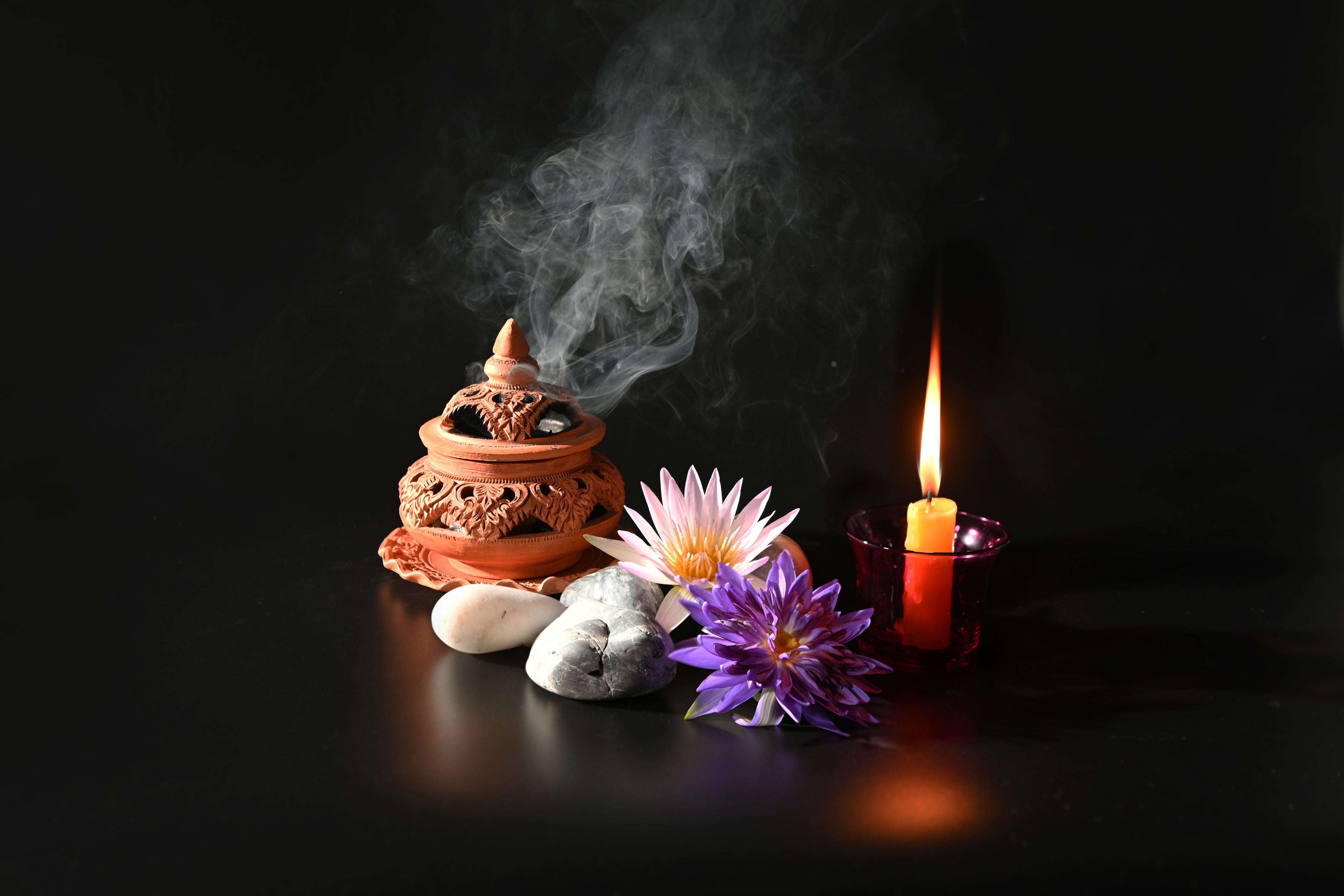The history of fragrance is an aromatic tapestry woven across millennia, encompassing the rise of civilizations, the pursuit of luxury, and the subtle art of personal expression. It's a journey that began in antiquity, evolved through the ages, and now plays an indispensable role in modern life.
Ancient Origins: Aromatic Beginnings
The story of fragrance starts in the cradle of human civilization. Ancient cultures such as the Egyptians, Mesopotamians, and Indus Valley dwellers were among the first to harness the power of scent. They used fragrant substances like myrrh, frankincense, and various spices for religious rituals, medicinal purposes, and personal adornment.
The Role of the Greeks and Romans: Perfumery as an Art Form
The Greeks and Romans elevated perfumery to an art form. They developed intricate methods of extracting and blending fragrances, creating a diverse array of scents. These fragrances weren't just for personal use; they adorned their homes, clothing, and even public spaces. The famous Library of Alexandria is said to have been perfumed to inspire scholars.
The Perfumed East: Aromatic Trade Routes
In the East, fragrances became a symbol of opulence and status. Countries along the Silk Road, such as China and India, mastered the art of perfumery. Spices, floral essences, and exotic woods were highly sought-after commodities, leading to the establishment of extensive trade routes.
The Renaissance: Fragrance Revival
The Renaissance marked a resurgence of interest in perfumery in Europe. With the reintroduction of ancient texts on fragrant recipes, noble courts became centers of aromatic refinement. Renowned figures like Catherine de' Medici played a pivotal role in popularizing fragrances, taking them from the courts to the masses.
The Birth of Modern Perfumery: Chanel No. 5
In the early 20th century, Coco Chanel revolutionized the fragrance industry with Chanel No. 5. This iconic scent, blending floral and aldehyde notes, became the first designer perfume to achieve worldwide fame. It symbolized the fusion of artistry, luxury, and personal expression in scent.
Modern-Day Significance: A Fragrant Lifestyle
Today, fragrance is an integral part of modern life. It's not merely a luxury; it's an essential element of personal grooming, self-expression, and emotional well-being. Fragrances can evoke memories, enhance mood, and project one's identity to the world. From fine perfumes to scented candles and even fragrant room sprays, the diversity of fragranced products available today is a testament to its enduring appeal. Fragrance has become a form of personal artistry, allowing individuals to curate their olfactory identity. In conclusion, the history of fragrance is a captivating journey through time, from its mystical origins in ancient rituals to its modern role as a symbol of personal expression and luxury. Fragrance transcends cultural and temporal boundaries, continuing to weave its aromatic spell in the fabric of our lives. Whether it's a subtle signature scent or an opulent perfume, fragrance remains an enduring art form that captivates our senses and enriches our experiences.
